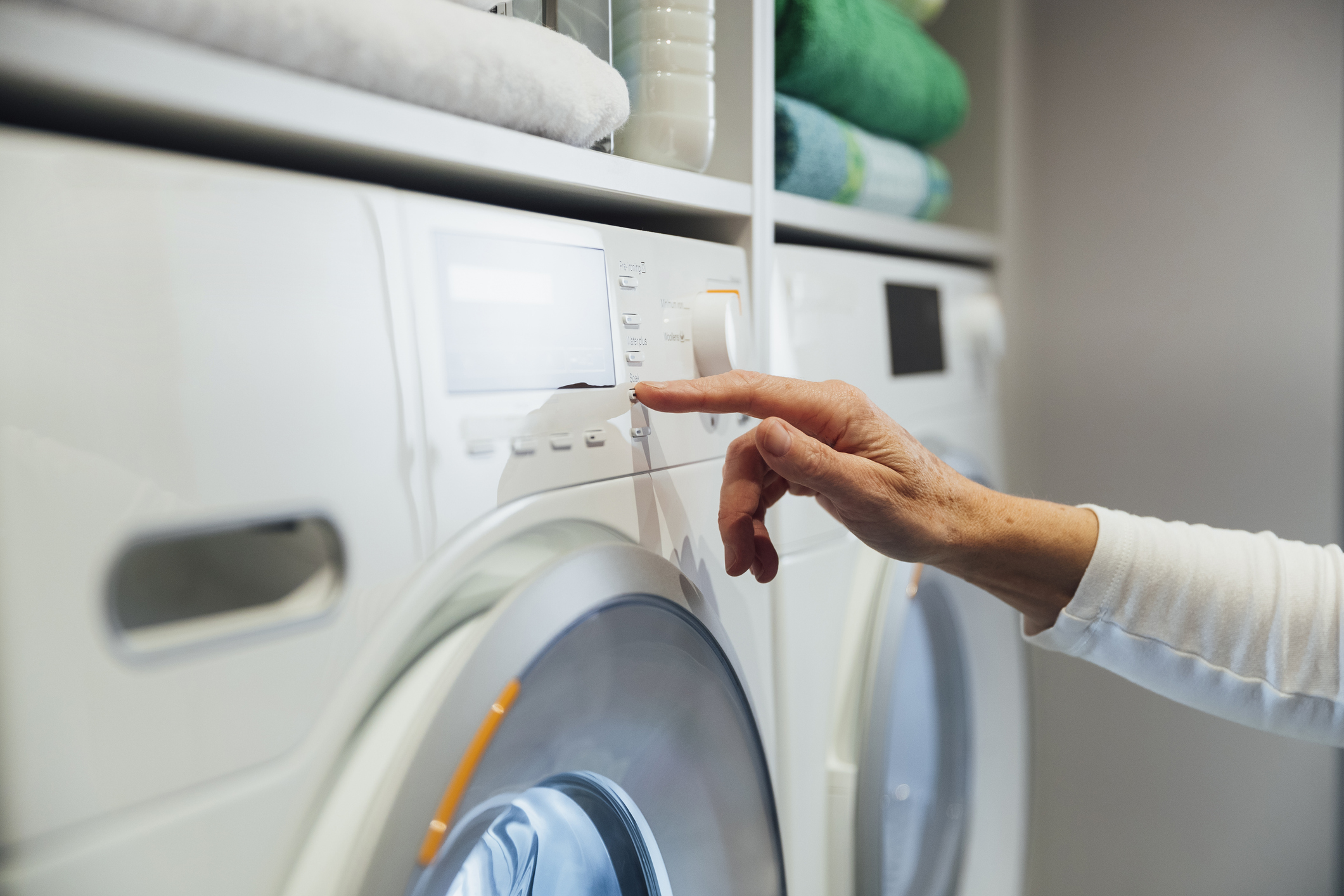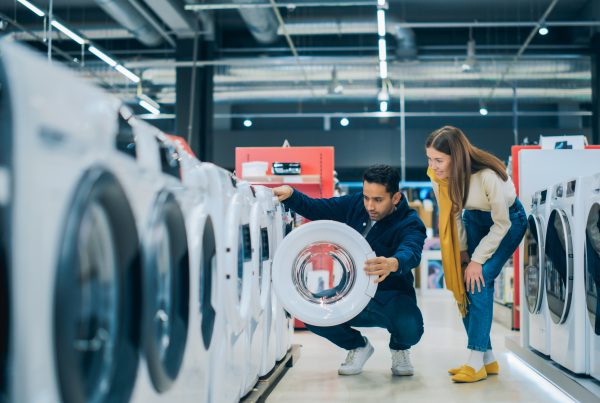Choosing between a gas and electric dryer can be tricky, especially if you’re not sure what the differences are. In this guide, we’ll break down the pros and cons of gas and electric dryers to help you determine which option is better suited to your needs.
Gas vs Electric Dryer: What’s the Difference?
The primary difference between a gas and electric dryer lies in how they generate heat. Gas dryers use natural gas to create heat, while electric dryers rely on electricity to power a heating element. This difference impacts several aspects of dryer installation and performance.
Gas Dryer Pros:
- Efficiency: Gas dryers typically cost less to operate than electric dryers, as natural gas is often cheaper than electricity.
- Faster Drying Times: Gas dryers tend to heat up faster and dry clothes more quickly than electric dryers, saving you time and energy.
- Longevity: Gas dryers often have a longer lifespan than electric dryers, making them a durable investment.
Gas Dryer Cons:
- Initial Cost: Gas dryers are usually more expensive upfront compared to electric dryers.
- Installation Requirements: Gas dryers require a gas hookup, which may not be available in all homes. Installation can also be more complex and may require professional assistance.
- Venting: Gas dryers require venting to expel gas outside the home.
Electric Dryer Pros:
- Lower Initial Cost: Electric dryers typically have a lower upfront cost compared to gas dryers, making them more budget-friendly.
- Easy Installation: Electric dryers only require a 240-volt electrical outlet, simplifying the installation process.
- Wide Availability: Electric dryers are widely available and can be used in homes without access to natural gas.
Electric Dryer Cons:
- Higher Operating Costs: Electric dryers generally cost more to operate than gas dryers, as electricity is often more expensive than natural gas.
- Slower Drying Times: Electric dryers can take longer to dry clothes compared to gas dryers, potentially leading to higher energy use.
- Shorter Lifespan: Electric dryers often have a shorter lifespan than gas dryers, requiring more frequent replacement or repairs.
Is Gas or Electric Better?
The decision between a gas and electric dryer ultimately depends on your individual preferences, budget, and home setup. If you have access to a gas hookup and you’re looking for efficiency and faster drying times, a gas dryer may be the better option for you. However, if you’re concerned about upfront costs and installation, an electric dryer could be a better choice. Whether you choose a gas or electric dryer, both appliances offer reliable performance and convenience for keeping your clothes dry and fresh.
For more tips on choosing the right dryer for you, check out our washer and dryer shopping guide.





